
‘Talent hits a target no one else can hit; genius hits a target no one else can see.” Schopenhauer
As this quote suggests, skilled performance is not just about what we do (movement), but what we perceive (for example; see, hear, feel), and the decisions we make.
Despite a wealth of applied and evidence based research into skill acquisition, there is very little research published that is specific to equestrian sports. Equestrian sports are unique in that the performance partnership is interspecies, requiring the horse and human to become skilful in their interactions and relationships with each other, practice activities, and performance environments.
Becoming skilful at showjumping
The aim of this study is to gain a better understanding of the perceptual and decision making skills of showjumping riders. To do this we are using an adaptation of a tool called ‘Think Aloud’. Think Aloud has been used in many sports including golf, cycling and rugby to elucidate what athletes are thinking and noticing. As well being used for research, Think Aloud has also been shown to improve skilled performance and be a valuable coaching and reflection tool.
For a brief overview of Think Aloud listen to the short video in this link.
This study is part of a wider project investigating how showjumpers become skilful and how this knowledge could be applied to coaching.
How can you help?
Who are we looking for?
Group 1 = Highly skilled show jumpers – need to be, or have been, competing at National Level and at 1.30m or above.
Group 2 = Competent novice show jumpers – need to be competing confidently at British Showjumping 80cm – 100cm.
There are two parts to this study and we are looking for participants to volunteer for either part, or both parts 1 & 2.
Study 2 Part 1
What will you be asked to do?
You will be asked to give about 45 mins – 60 mins of your time (done virtually on Zoom or another platform of your choice) to take part in a semi-structured interview and some ‘Think Aloud’ where you will be asked to comment on what you notice while watching a series of video clips from a National Final 90cm class and a Grand prix final.
Study 2 Part 2
What will you be asked to do?
For this part of the study we will join you at a competition (it’s ideal to choose one that is not a serious competition for you as participating should be beneficial for your training/ coaching support).
You will be asked to ‘think aloud’ as you walk the course and to wear eye tracking devise. Once you have jumped the course you will be asked to reflect on your round.
What this research aims to achieve
Our aim is to see if there are differences between highly skilled and competent riders in what they see (are aware of). We will use this knowledge to add to the body of equestrian sports specific research into skill acquisition and development and inform future research, coach training, development and coaching practice.
For more information about this project or about how you can help be participating, please email Marianne at Marianne.J.Davies@student.shu.ac.uk
Marianne Davies is a PhD candidate at Sheffield Hallam University and a Senior Coach Developer at UK Coaching.
Thank you in advance for your support.
Marianne Davies
Study slots calendar
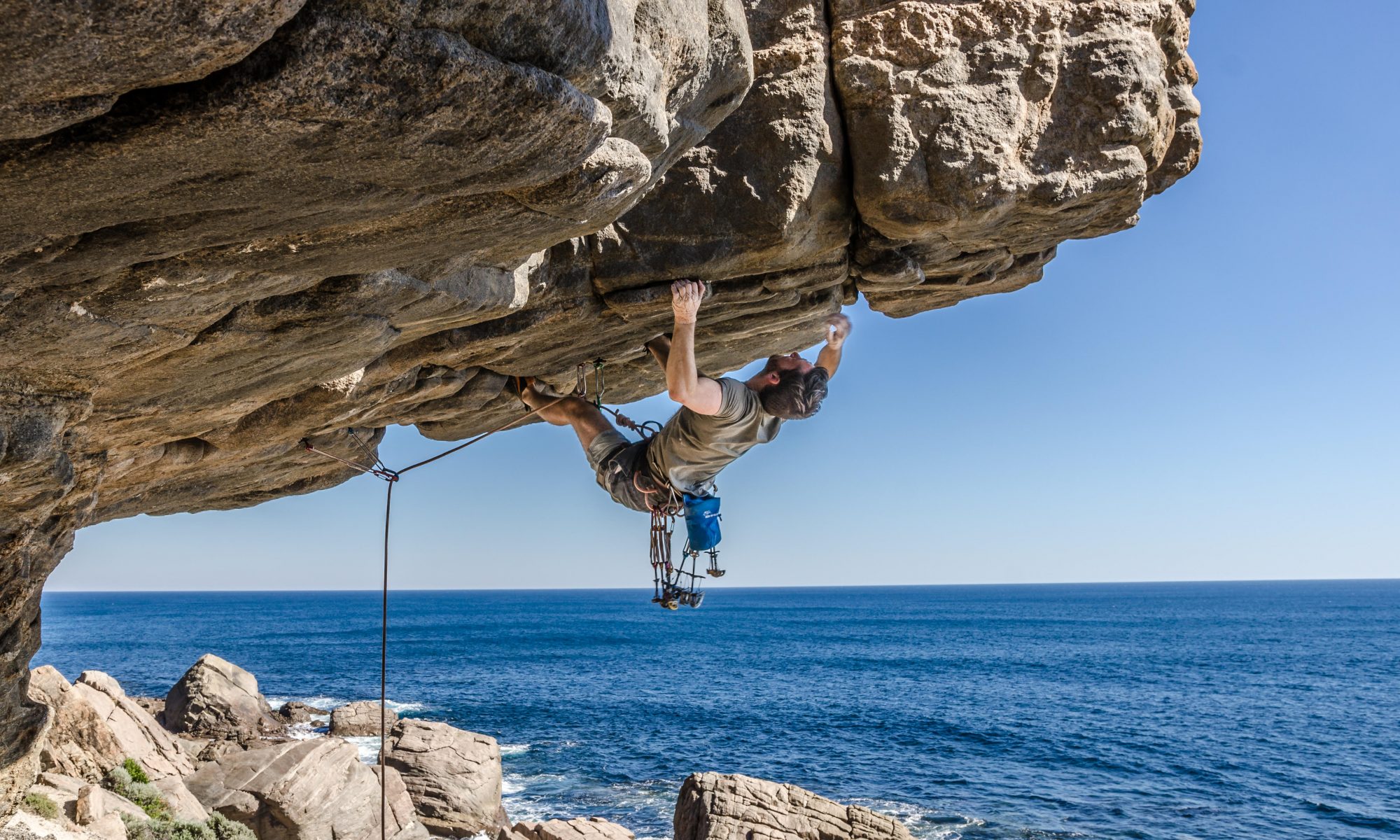
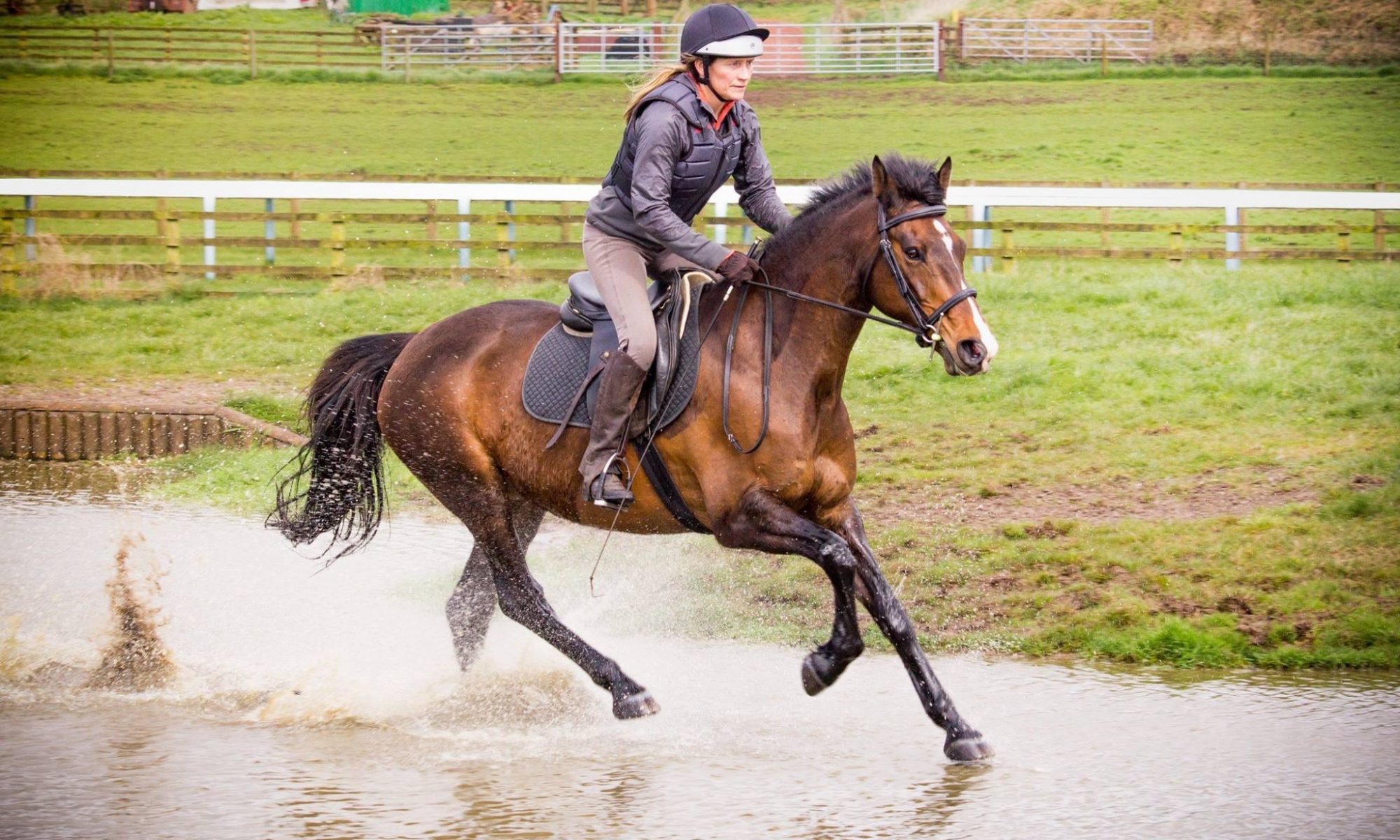
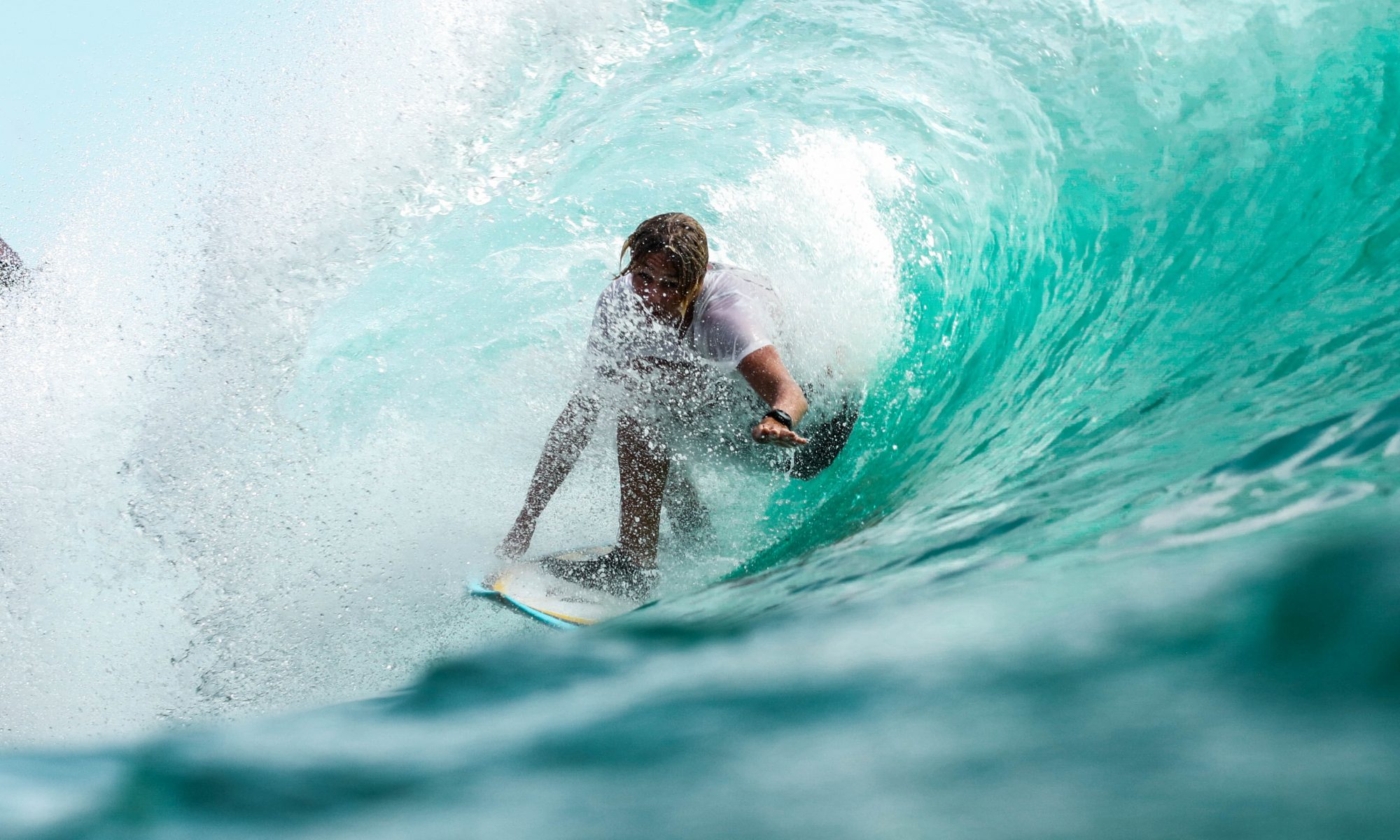
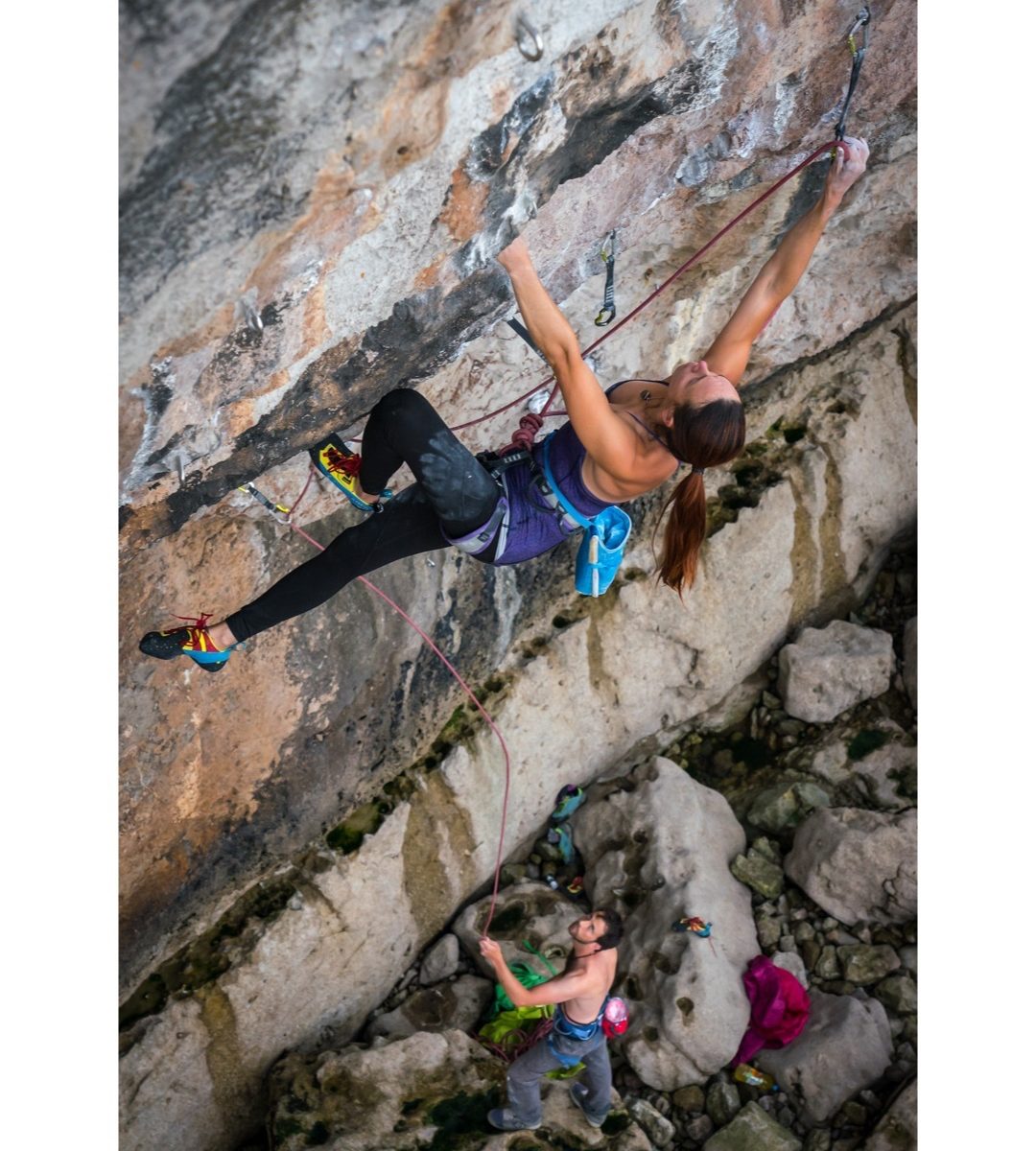
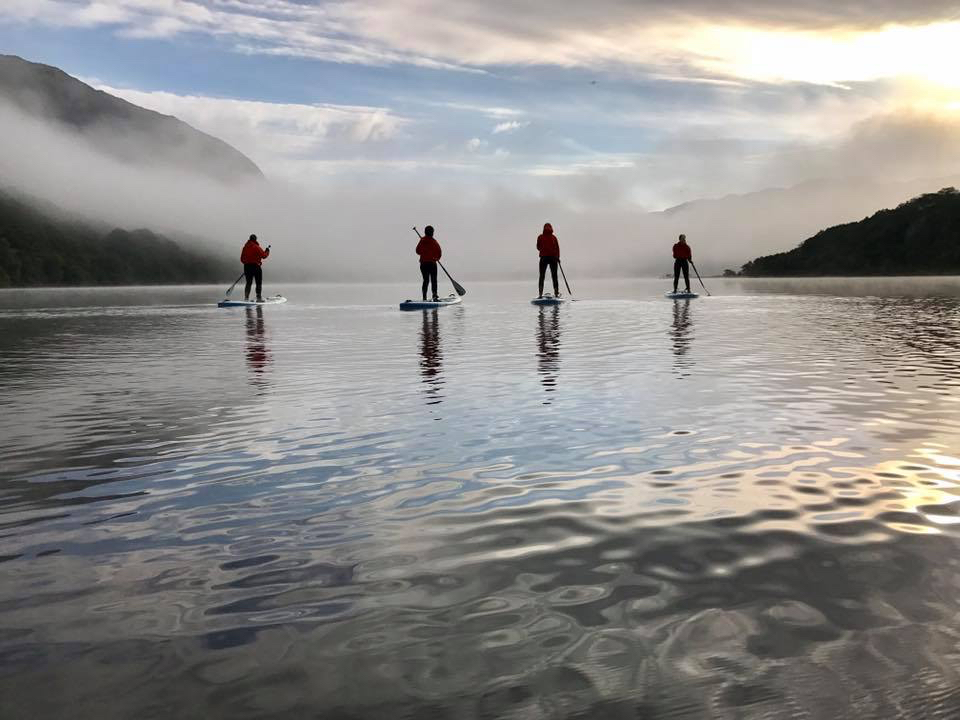
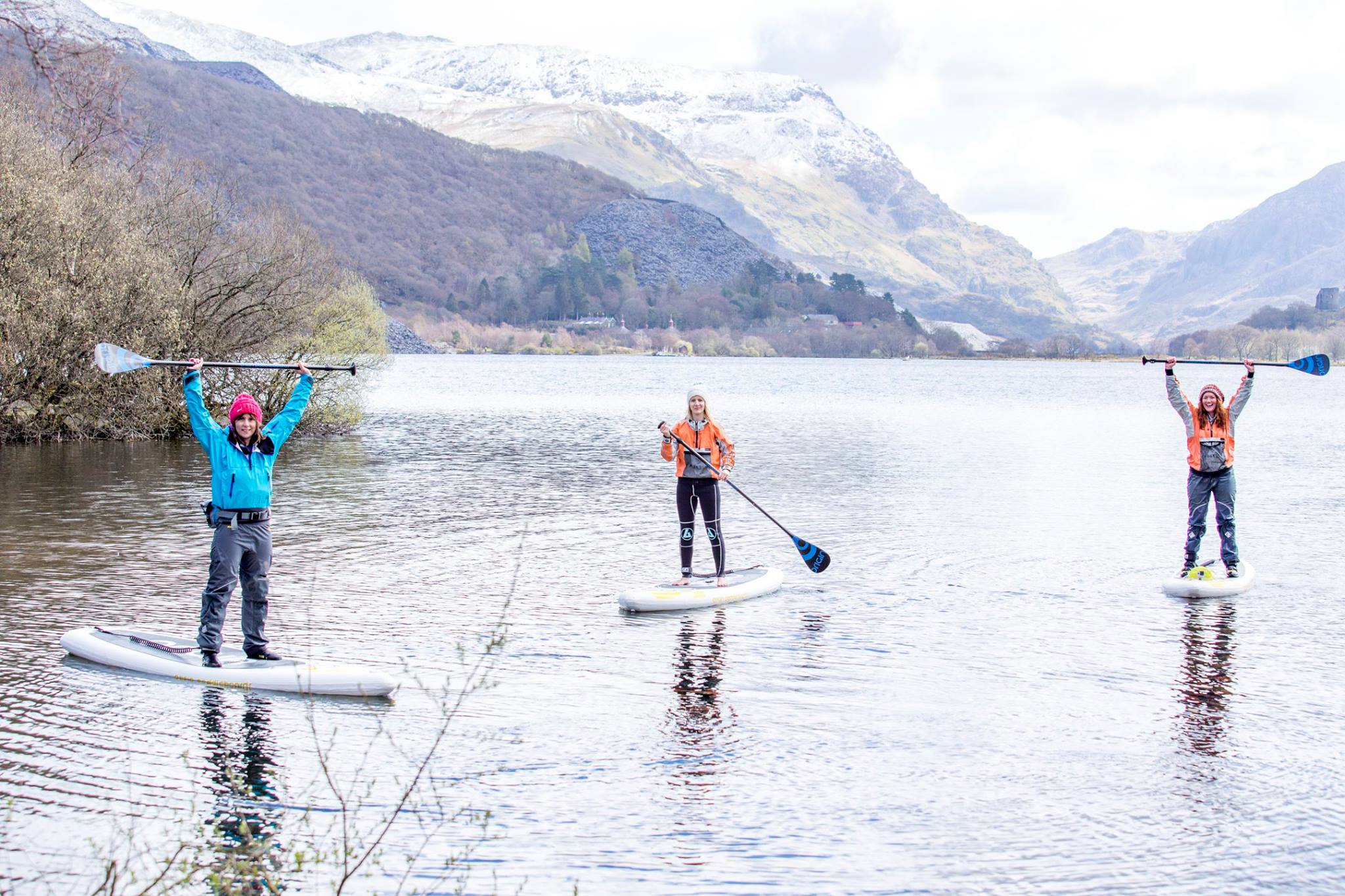 Needs-supportive coaching behaviours have an impact on motivation. Sian of ‘Psyched Paddleboarding’ coaching on the beautiful Llyn Padarn. Photo by ‘Two For Joy Photography’.
Needs-supportive coaching behaviours have an impact on motivation. Sian of ‘Psyched Paddleboarding’ coaching on the beautiful Llyn Padarn. Photo by ‘Two For Joy Photography’.